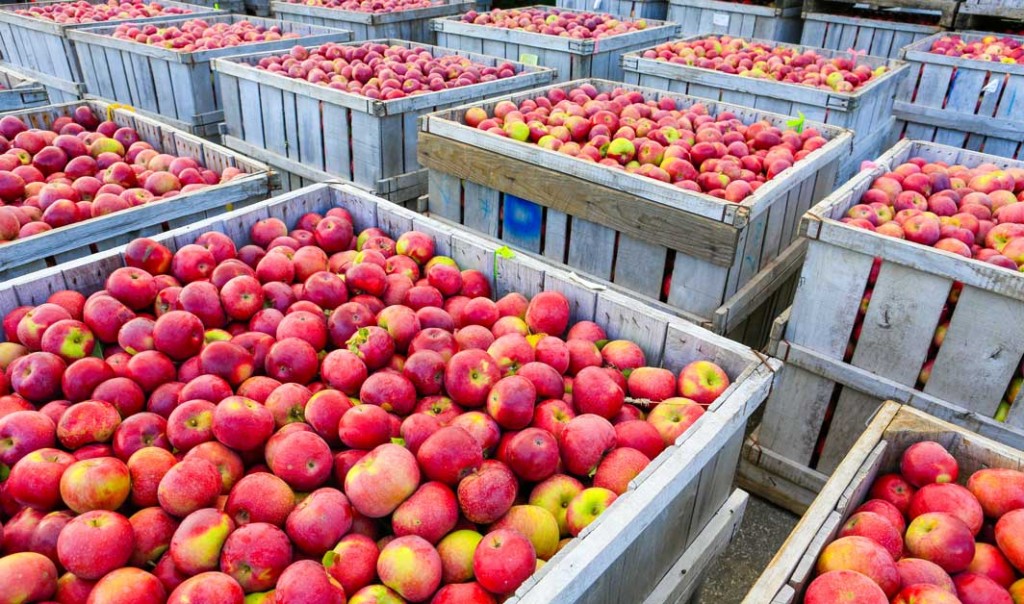As growers around the country are in full swing of a busy apple harvest, important policy issues that affect them are taking place in Washington. Of these issues, trade, a top priority for growers, has seen some positive movement in the last few weeks.
On September 30, negotiators announced an agreement for a new United States, Mexico and Canada Agreement (USMCA), which modernizes and improves the nearly twenty-five year old North American Free Trade Agreement (NAFTA).
For apples, USMCA maintains the status quo—and that is just what the industry requested. Since the enactment of NAFTA, apple exports to Mexico have quadrupled and those to Canada have doubled. The two markets totaled more than $400 million in exports last year. Mexico is consistently the largest apple export market, while Canada jockeys between second and third. Maintaining duty-free access to both markets is critical to the future health of the industry and we support the announcement of the new deal.
Since President Trump announced plans to renegotiate the current agreement, USApple staff and volunteer leadership have raised the importance of the North American market in countless meetings with congressional and administration leaders. Last fall, USApple President & CEO Jim Bair authored an op-ed in the Wall Street Journal touting the success and importance of NAFTA to the apple industry; USApple Board member and Michigan grower Chris Alpers spoke about trade generally and NAFTA specifically at a Senate Farm Bill hearing; and apple leaders from coast-to-coast urged Members of Congress to maintain the benefits of NAFTA during the USApple Capitol Hill Day in March.
In June, USApple Chairman Mark Boyer filmed a TV ad calling on President Trump to resolve these trade disputes and maintain the key North American Market. That ad ran on Fox & Friends and Morning Joe – two news shows the President is said to watch. The next month, New York growers Joel Crist and Charlie Hurd were interviewed for trade stories on CNBC and five board leaders authored an op-ed on the importance of trade to rural America that was published in the San Francisco Chronicle. In September, leaders from New York and Michigan traveled to Washington for meetings with congressional offices and the administration.
Throughout this time, USApple President & CEO Jim Bair and I have educated administration and congressional officials in meetings in the House and Senate, the White House, Department of Commerce and the Office of the United States Trade Representative. In addition to pushing for duty-free access we also advocated for the continuation of Chapter 19 dispute resolution. This provision – included under NAFTA – allows for disputes to be settled by a World Trade Organization panel rather than the local court system.
This option has been critical for the U.S. apple industry as Mexican growers have filed several anti-dumping cases over the years. U.S. growers prevailed under the WTO panel in an orderly adjudication. If the same cases had gone to the Mexican courts, they would have likely been tied up, jeopardizing sales and the Mexican market in general. We are happy that dispute resolution is included in the new USMCA.
So what happens now?
The agreement must be approved by the House and Senate first through the Senate Finance and House Ways and Means Committees and then by the full House and Senate. That process will begin after the November mid-term elections. While we do not know which party will control Congress or how many members will return, there will be a number of new members and even more new staff, and they will need to be educated. USApple will work on our own and with our coalition partners in agriculture and the broader business community to push for action and support for the USCMA.








